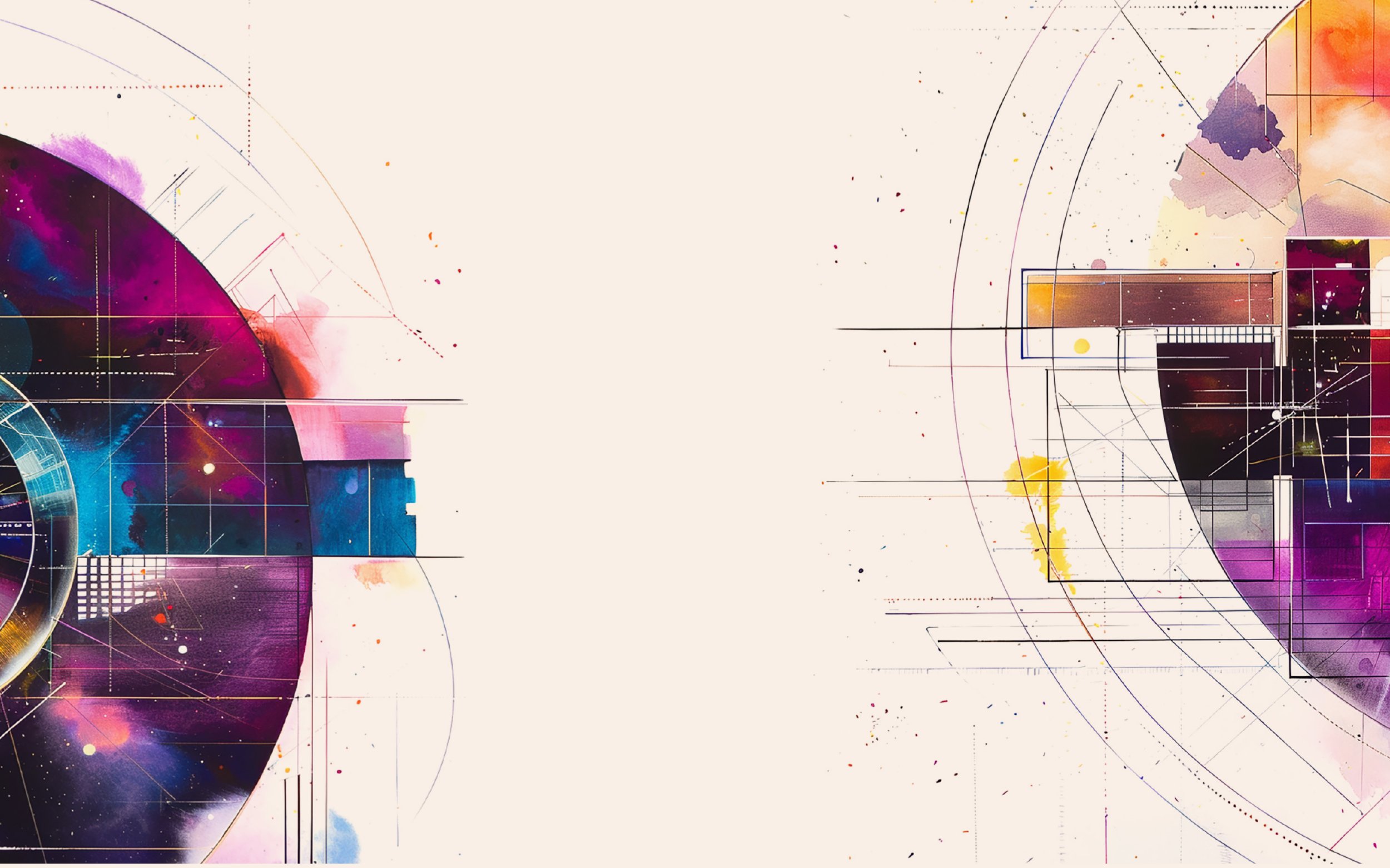
A philosophically informed glossary of key concepts in AI
-
Agency
Agency is the capacity to perform actions, where an action is something that one does, rather than something that merely happens. Are AI-systems agents, and why does it matter? Key Points: Actions are different from happenings. A rock rolling down a hill…
-
AI Benchmarks and Benchmarking
Benchmarking is the practice of evaluating the performance of hardware, software, or algorithms by running a series of tests and comparing the results against a set of predetermined standards or the performance of other systems. AI can pass a law…
-
AI Chatbots and Meaning
A sign (e.g. a word, sentence, picture) has meaning when it conveys information or stands for something. Do AI chatbots really understand what they’re saying, or are they just good at putting words together? Key Points: Imagine a friend, Ada,…
-
Artificial General Intelligence
Artificial Intelligence (AI) is an artefact, created by a human agent, that is capable of behaviour we would view as intelligent if it were human. Artificial General Intelligence (AGI) is an AI whose intelligence is equal to or surpasses human intelligence in…
-
Artificiality
An artificial object is an object created by an agent, typically a human. Artificial objects are to be contrasted with natural objects, which just are those objects not created by agents. What is ‘artificial’ about artificial intelligence? Is a person…
-
Bias
A bias is a systematic inclination in a particular–possibly unwanted–direction. Are AI systems biased? Key Points: Different disciplines have different definitions of the term ‘bias’ (for instance, in neural network architecture ‘bias’ refers to the learnable parameters added to an…
-
Bullshit
To bullshit is to utter (seemingly) meaningful words or sentences without regard for the truth, perhaps with the intent to disguise what one’s up to. Is this what Large Language Models are doing? Or are they “Hallucinating”? Large Language Models…
-
Common-Sense Psychology
Common-sense psychology is the implicit framework people use to interpret behaviour and mental states, such as beliefs, desires, and intentions to explain and predict the actions of ourselves, others, animals, and recently AI systems. Can a chatbot have beliefs, desires,…
-
Consciousness
Consciousness is a special form of awareness. Could AI systems be conscious and why should we care? Key Points: As AI systems produce increasingly human-like outputs, there has been a surge of interest in which such systems are conscious. That is,…
-
Content Moderation
Content moderation refers to the removal, demotion, or labelling of potentially harmful user posts on social media. How should AI be used in the process of content moderation? And how should AI-generated content itself be moderated? Key Points: Social media…
-
Creativity
Creativity is the disposition to produce outputs that are original and valuable. Do AI systems exhibit creativity in their art, music, and words? Key Points: AI systems can produce art, music, and words to a high aesthetic standard. Consider Sony…
-
Embodiment
An agent is embodied if it interacts with the world through a body that perceives, acts, and occupies space. Does an AI system need a body to truly understand and intelligently engage with the world, or can disembodied systems achieve…
-
Intention
An intention is a motivational mental state, formed when an agent plans and decides how to act, which captures the way they commit to bring about a certain outcome. When an AI system produces intelligent outputs and has effects in…
-
Metacognition
Metacognition (literally cognition about cognition) is used to pick out a loose cluster of cognitive operations, skills, or capabilities that monitor and control other cognitive operations, skills, or capabilities. AI systems can perform operations over some of their own processes,…
-
Moral Responsibility
Someone, or something, is morally responsible for their actions, if they have sufficient knowledge of, and control over, their actions and potential outcomes, and might reasonably be the subject of, for instance, praise or blame for those actions. Are AI…
-
Rationality
At a minimum, a system is rational when it utilises good reasoning principles to arrive at a conclusion on the basis of reasonable evidence. Beyond this, a rational agent might also be required to have appropriate goals, to optimise satisfaction…
-
Reasoning
Reasoning is a mental process in which a thinker moves step-by-step through a series of thoughts in the service of working out what is the case or what to do. AI systems produce intelligent outputs but do they, like humans,…
-
Representation
A representation is something that stands for another thing. Did the AI system consider my gender or race when reaching this output? Key Points: We think of AI systems like a chatbot as working through a request to reach a…
-
Transformer Architecture
The transformer architecture is a deep learning architecture responsible for the recent dramatic advances in natural language processing and other forms of AI. What is it about the structure of large language models that has contributed to the incredible advances…